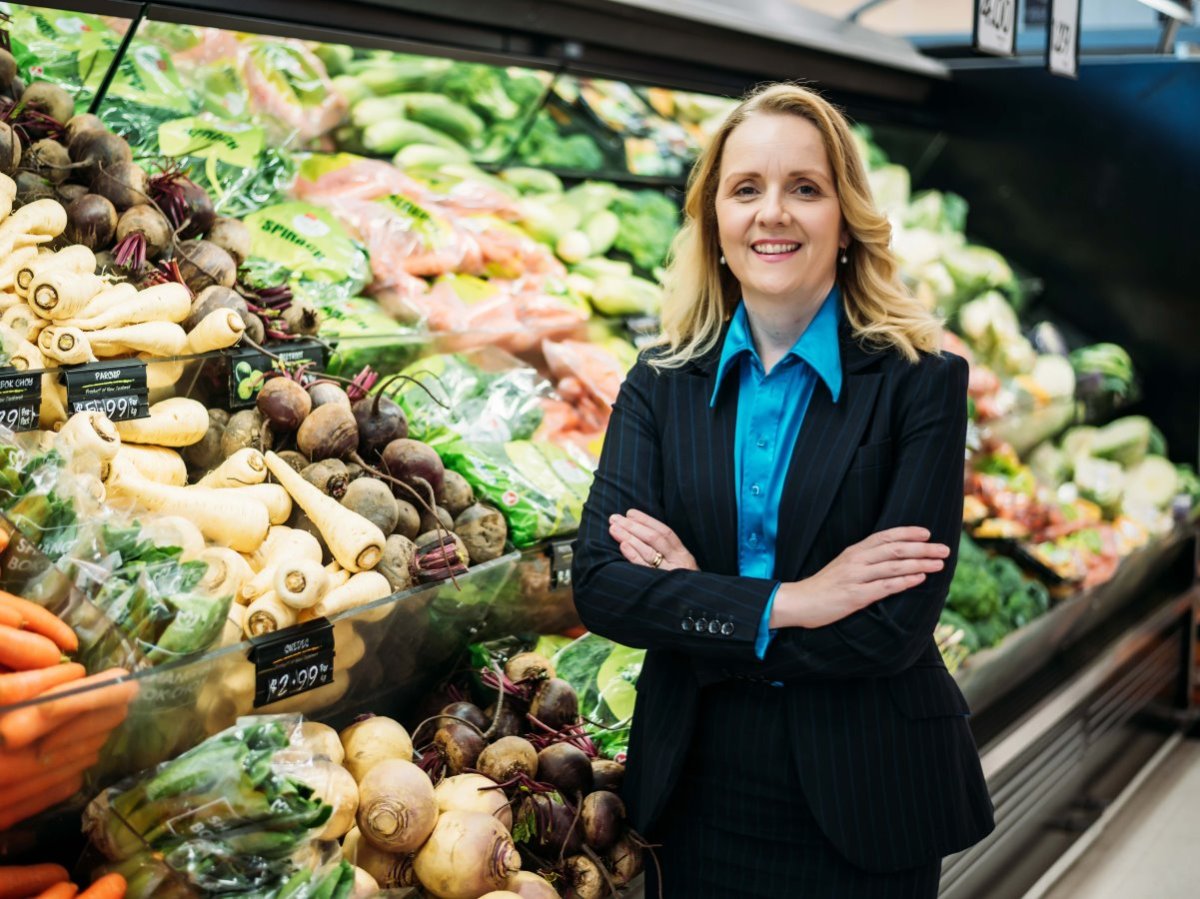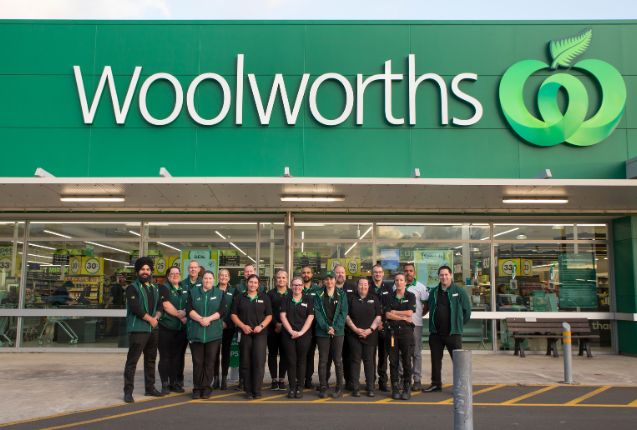AN OPEN LETTER TO ALL MPS AND OPINION LEADERS
Kia ora
You might be surprised to see our two logos side by side.
Consumer NZ is New Zealand’s leading consumer advocacy organisation – an independent not for profit body dedicated to getting Kiwis a fair deal.
The NZ Food and Grocery Council is an industry association that represents the manufacturers and suppliers behind New Zealand’s food, beverage and grocery brands.
We are not always allies. But we both agree the excessive concentration of market power in our supermarket sector has become a massive drag on our economy.
Kiwi consumers, grocery manufacturers, farmers and growers are being held to ransom by the current duopoly of Foodstuffs (New World, Pak’nSave and Four Square) and Woolworths New Zealand (Countdown, SuperValue and Fresh Choice.)
Supermarkets are crucial to our communities and our economy. They are the intermediaries bringing groceries, provided by the Food and Grocery Council’s members, into the hands of consumers, represented by Consumer NZ.
But these intermediaries are ripping consumers off. Families are going without. Choice is being dramatically reduced. Prices are being misrepresented and manipulated. Suppliers, even very large ones, are being bullied. The supermarkets have broken
their social contract.
The only competition in the market is competition to buy a supermarket within the existing chains. Why? Because market failure and lack of real competition allows owners to make super-profits.
The Commerce Commission’s Draft Report on its Market Study of the Retail Grocery Sector has been widely acclaimed as a comprehensive, high-quality piece of analysis. But a report is only the start.
Parliament’s actions will be crucial. That’s why we are asking every MP to unite in supporting a strong move to intervene in the grocery market.
There is precedent. Cross-party support enabled the breakup of Telecom in the 2000s. That gave a massive boost to the entire New Zealand economy. The issues here are very similar.
Please may we, along with every Kiwi shopper and grocery supplier, have your support.

THE ISSUE IN A NUTSHELL
The shape of our supermarket sector has changed dramatically over the past 40 years.
In the 1980s we had many competing supermarket banners including Foodtown,
Big Fresh, Countdown, Woolworths, Price Chopper, ShopRite and Three Guys.
Over the ensuing 40 years, consolidation of ownership has left us with just two – Foodstuffs and Woolworths New Zealand. In the last 20 years there has been only
one attempt at entry, namely by The Warehouse in 2006 which gave up the fight two years later.
It could be argued that there are benefits to having only two major retailers – that the buying power of the chains enables them to force even better deals from their
suppliers for the benefit of consumers. But that argument assumes that the benefits of any savings are passed onto consumers. The Commerce Commission has concluded
that they are not. Instead, consumers are paying high prices for their groceries and supermarkets are making persistently high profits.
The Commission, while acknowledging the difficulty of comparing grocery prices internationally, has concluded that New Zealand appears to rank as one of the most
expensive in the OECD. It also found that New Zealanders appear to spend a comparatively high proportion of their income on groceries.
Vertical integration has also become a serious concern. The distribution trade now controls both the wholesale and retail elements of the market. It also controls the
transport and logistics components. With the increasing wholesaler-driven migration from manufacturers’ brands to supermarkets’ private labels, it is on a path to control
the manufacture of the goods as well. Potentially a pathway to control every element of our country’s food chain from paddock to shelf.
The Commission also found that innovation in the retail grocery sector appears low. That has a remarkable similarity to the Commission’s finding about our telecommunications infrastructure in the 2000s. When Telecom was regulated and separated, broadband suddenly flourished and the prices consumers were
paying for landlines and mobile phone services dropped significantly.
With your help, this could happen in the supermarket sector.
Opening a failed market delivers huge benefits to consumers and to entrepreneurs who can operate in the market on a level playing field.
Many other countries have dealt with excessive market power by demanding breakups. New Zealand has been slow to follow suit. However, our earlier experience
with telecommunications, and to a lesser extent the oil distribution sector, shows that we can do this too.
All we need is the political consensus and will.

THE PROCESS SO FAR
In November 2020 Commerce Minister David Clark launched a market study to ensure
New Zealanders are paying a fair price for groceries.
‘Groceries are one of our most regular expenses,’ the Minister said. ‘So we want to make sure pricing is fair. New Zealand has one of the most concentrated retail
grocery markets in the world and there are indicators that competition in the sector has weakened over time.’
The Minister noted the average Kiwi household spends roughly 17 percent of its weekly expenses on food, and this has been increasing year on year. So the Commission investigated widely and invited public submissions.
On 29 July 2021 the Commission released its draft Report. This has been widely acclaimed as a very comprehensive analysis of the issues. Conclusions included:
• Competition is not working well for consumers in the retail grocery sector. If competition was more effective, retailers would face stronger pressure to deliver the
right prices, quality and range to satisfy a diverse range of consumer preferences.
• Consumers are paying high prices for groceries by international standards.
• Innovation in the sector is modest by international standards.
• Price competition between major grocery retailers is weak. In addition, the major grocery retailers actively choose and monitor strategies that limit the extent to
which their retail banners compete directly with each other, particularly on price.
• Supermarkets use numerous complex and confusing pricing and promotional practices, reward structures and loyalty programmes that make it more difficult
for consumers to compare prices and make informed purchasing decisions.
• There has been no large-scale entry into the New Zealand retail grocery sector since The Warehouse Group’s attempt in 2006. Absence of wholesale grocery supply on competitive terms is a key factor preventing entry and expansion in the retail grocery sector.
• Availability of land for grocery store development is aggravated by the major grocery retailers placing restrictive covenants on land and exclusivity covenants in leases that prevent rival supermarkets from developing stores.
The Commission is currently analysing feedback on the draft Report. It is required to report back to the Minister by 8 March 2022. The Minister will then make his decision.

THE OUTCOMES WE WANT
Consumer NZ and the Food and Grocery Council are seeking the following outcomes
for the benefit of consumers and suppliers:
1. In the short term, a mandatory Code of Conduct for supermarkets to govern dealings between suppliers and supermarkets and redress the imbalance of power between them. Similar codes are already in place in Australia and the UK.
2. An increased role for the Commerce Commission including monitoring retail prices and store margins, setting consumer information standards to prevent confusing pricing and promotional strategies and require unit pricing, and limiting the adverse effects of loyalty programmes. This could include the establishment of a Supermarkets Commissioner, similar to the role of the Telecommunications Commissioner.
3. Immediate outlawing of restrictive land covenants and exclusivity covenants entered into for anticompetitive reasons, with immediate effect on existing covenants.
4. The right for suppliers to bargain collectively to redress the power imbalance between suppliers and supermarkets.
5. Increasing wholesale access to a wide range of groceries at competitive prices, in a way that gives suppliers confidence that it will endure.
6. If the Commission is not wholly satisfied that increasing wholesale access will work either now or in the future, then full enforced structural separation between wholesale
and retail and/or compulsory divestment of a significant proportion of supermarkets to arm’s length third parties, either immediately or at a future point.

QUESTIONS AND ANSWERS
Q: Wouldn’t enforced structural separation be a very draconian intervention into the commercial market?
A: It is a very significant intervention, but for the purpose of solving a very big problem. And there is plenty of precedent both in New Zealand (in telecommunications, dairying and electricity) and overseas.
Q: What about the property rights of the supermarkets?
A: Property rights, insofar as the property includes land and goodwill, are not under threat. The issue here is the artificial value that accrues to shareholders from being part of a cosy duopoly contrary to the public interest – the public good has to override any property right associated with that.



